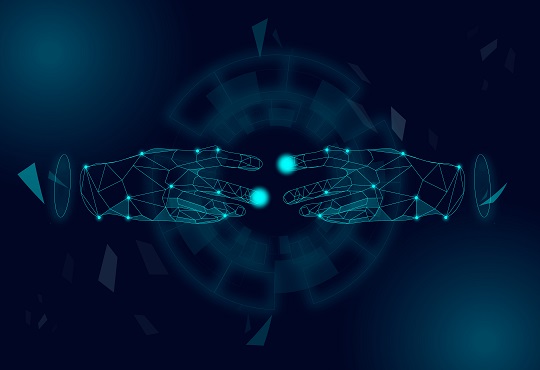AI Is a Tidal Wave As Big As The Internet Says Microsoft CEO
CIOTechOutlook Team | Friday, 18 August 2023, 04:49 IST
 OpenAI Inc., a startup whose generative AI technology has generated so much attention that it landed a $13 billion commitment from the software giant, is at the center of the most recent attempt to overhaul Microsoft.
OpenAI Inc., a startup whose generative AI technology has generated so much attention that it landed a $13 billion commitment from the software giant, is at the center of the most recent attempt to overhaul Microsoft.
“We have a great relationship,” OpenAI Chief Executive Officer Sam Altman said on The Circuit. “These big, major partnerships between tech companies usually don't work. This is an example of it working really well. We're super grateful for it.”
There are many who oppose the alliance. The most vocal is Elon Musk, who co-founded OpenAI with Altman and later left the organization due to differences in opinion on its direction and the addition of a for-profit division. He claimed that Microsoft "effectively controls" OpenAI at the moment.
In response to a question about Musk's critiques and the prospect that Microsoft could acquire OpenAI, Altman said, “Company is not for sale. I don't know how to be more clear than that.”
The fear of Google monopolizing AI was a factor in the development of OpenAI and Microsoft's support of it, just as Netscape served as the inspiration for Gates' internet manifesto. Google created the transformer architecture, which is used by Microsoft's Bing chatbot and OpenAI's ChatGPT. Microsoft and OpenAI are regarded as the early leaders in AI, despite the fact that Google is still a competitor.
Naturally, Microsoft's web browser forced Netscape out of the market following Gates' directive and sparked a costly antitrust case from the US government. Altman claimed that OpenAI's place in AI is far from certain. This is not just a competitive environment, but, in his opinion, it is also the most competitive one in technology right now.
























































.jpg)
.jpg)








.jpg)

.jpg)

.jpg)
.jpg)



.jpg)


.jpg)





























.jpg)

.jpg)
.jpg)

.jpg)
.jpg)

































.jpg)

.jpg)



















.jpg)
















.jpg)












































































































